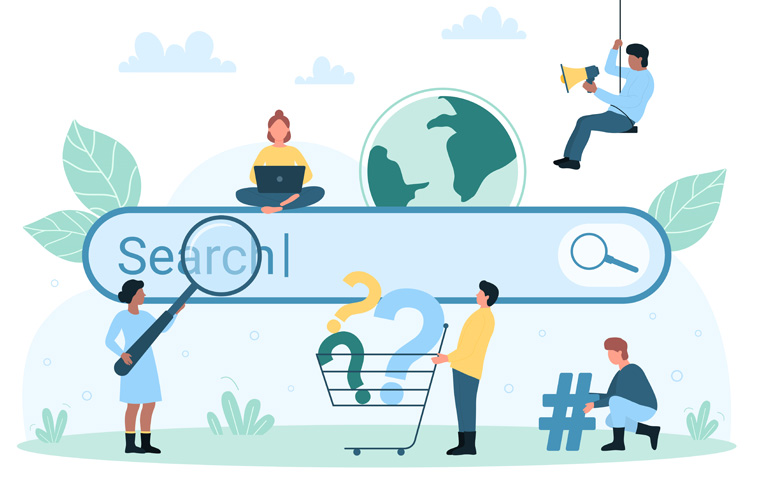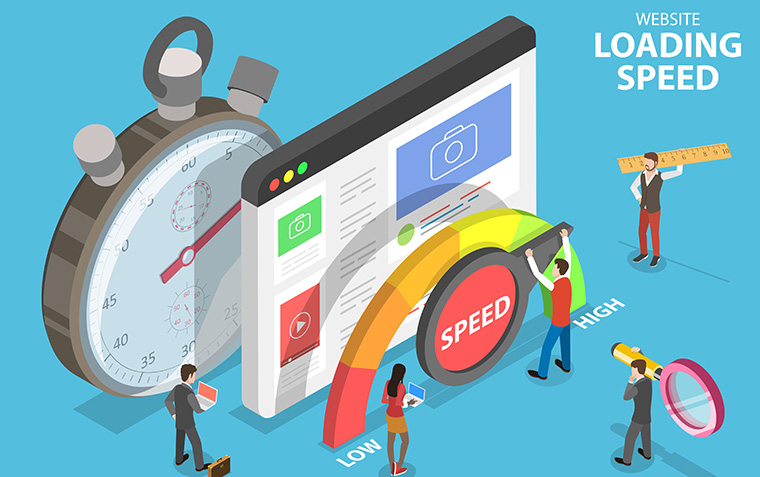Search Engine Optimisation (SEO) for Beginners: Boosting Your Website's Visibility

In today's digital age, having a website is essential for businesses and individuals alike. However, just having a website isn't enough; you need to ensure that it can be easily found by people searching for relevant information or products online. This is where Search Engine Optimization (SEO) comes into play. In this beginner's guide, we will explore the basics of SEO and how you can start optimising your website to improve its visibility on search engines.
What is SEO?
Search Engine Optimisation (SEO) is a set of techniques and strategies aimed at improving a website's ranking in search engine results pages (SERPs). The primary goal of SEO is to increase organic (non-paid) traffic to your website by making it more attractive and relevant to search engines like Google, Bing, and Yahoo.
Why is SEO Important?
Increased Visibility: SEO helps your website appear higher in search results, increasing its visibility to potential visitors.
Targeted Traffic: By optimising for specific keywords and phrases, you can attract visitors who are genuinely interested in your content or products.
Credibility and Trust: Higher-ranking websites are often perceived as more credible and trustworthy by users.
Cost-Effective: Compared to paid advertising, SEO can provide a more sustainable and cost-effective source of traffic.
Getting Started with SEO: Basic Tips for Beginners
Keyword Research:
Identify relevant keywords and phrases that potential visitors might use to find your website. Tools like Google Keyword Planner can help with this.
On-Page SEO:
Optimise your website's on-page elements, including title tags, meta descriptions, headings, and content. Ensure that keywords are used naturally and don't overstuff them.
High-Quality Content:
Create high-quality, informative, and engaging content that addresses the needs of your target audience. Quality content is a cornerstone of SEO.
Mobile Optimisation:
Ensure your website is mobile-friendly, as mobile optimisation is crucial for SEO rankings.
Page Speed:
Improve your website's loading speed by optimising images. Google considers page speed when ranking websites.
User Experience (UX):
Create a user-friendly and intuitive website navigation. Positive user experiences can lead to higher rankings.
Backlinks:
Build high-quality backlinks from reputable websites. Quality matters more than quantity.
Local SEO:
If you have a physical location, optimise for local SEO by claiming and updating your Google Business Profle listing.
Regular Updates:
Continuously update and refresh your content to keep it relevant and engaging for both users and search engines.
Analytics and Monitoring:
Use tools like Google Analytics to monitor your website's performance and make data-driven improvements.
* * * * *
SEO can seem complex, but even beginners can make significant improvements in website visibility by following these fundamental principles. Remember that SEO is an ongoing process, and it may take time to see results. Patience and persistence are key when it comes to optimizing your website for search engines. As you continue to learn and implement SEO strategies, you'll be on your way to attracting more organic traffic and growing your online presence.






